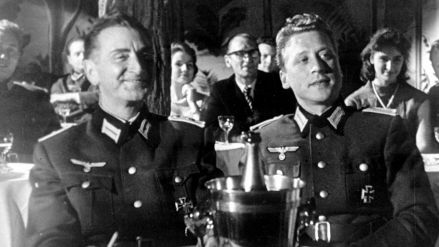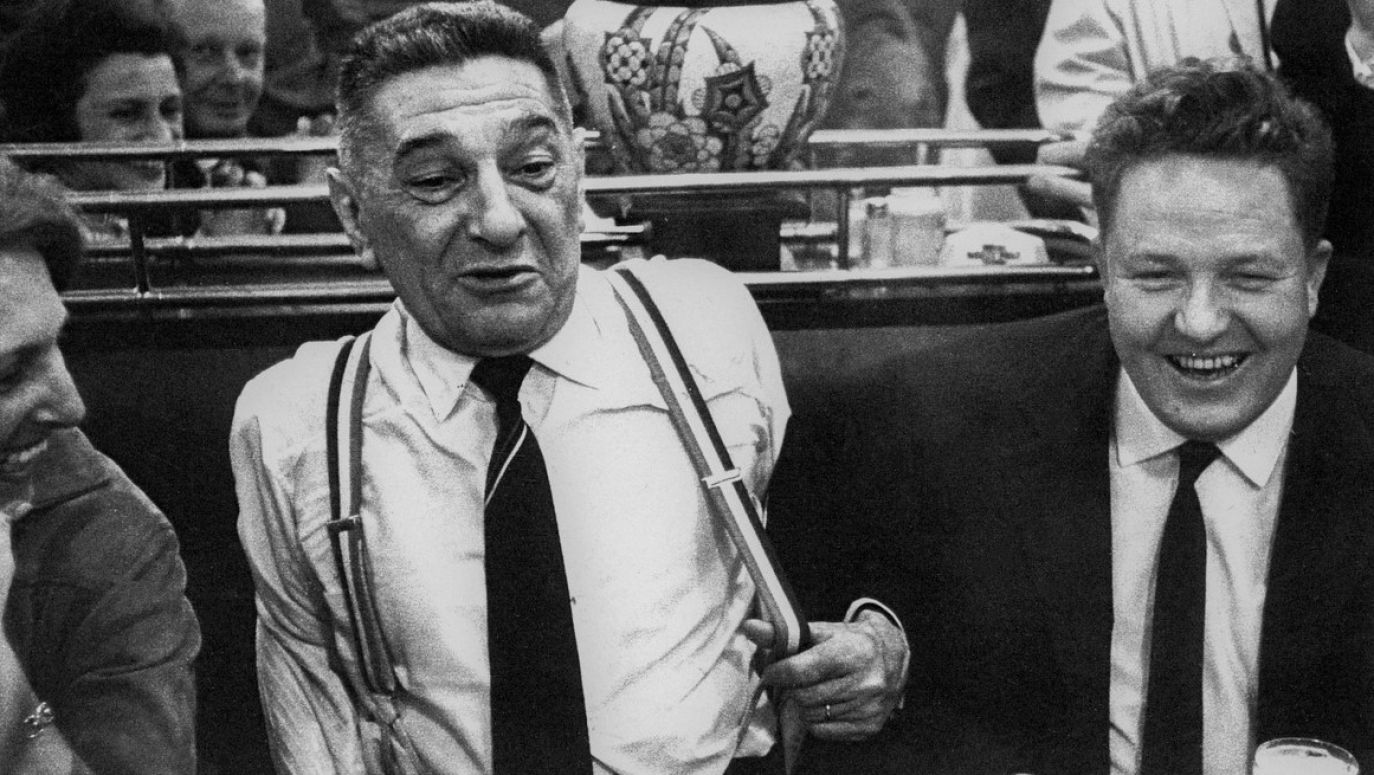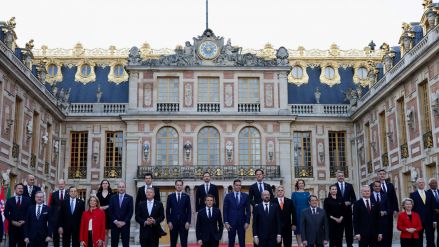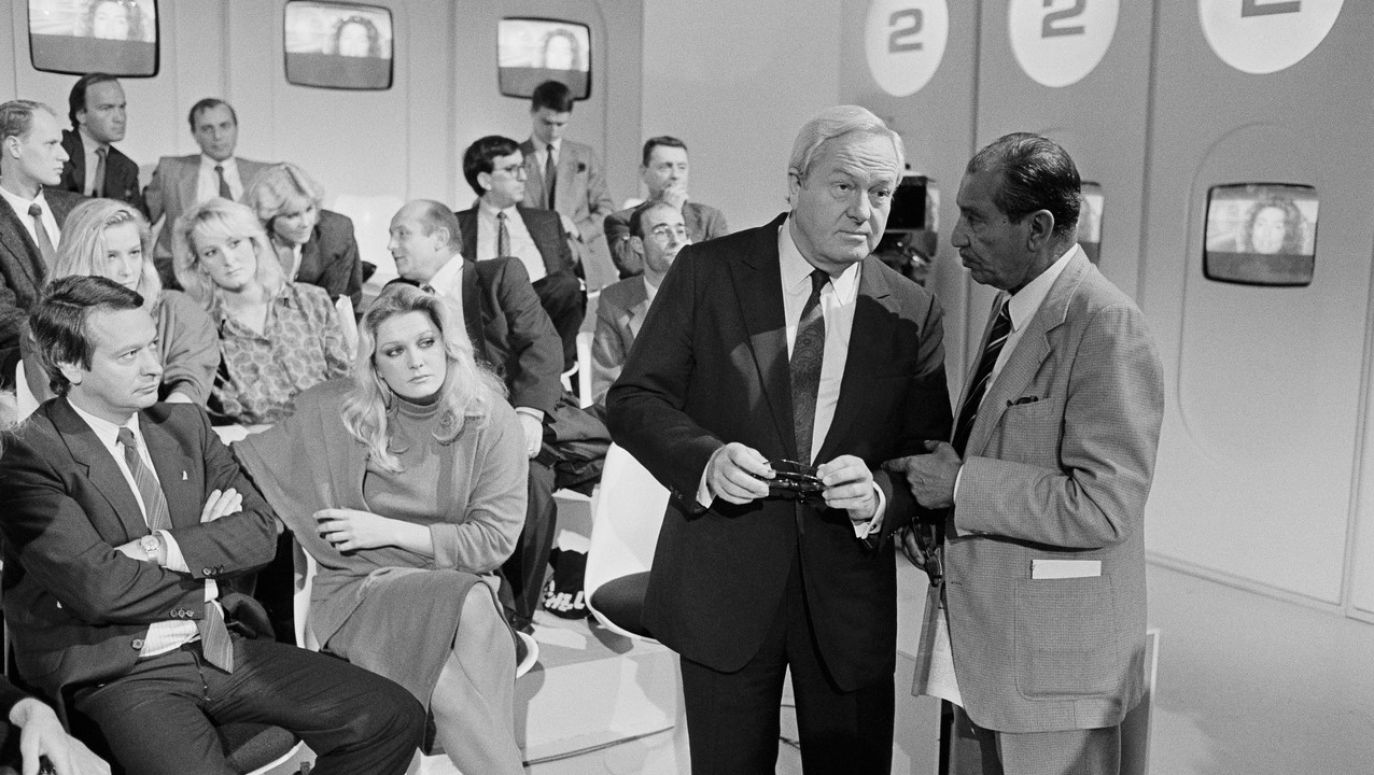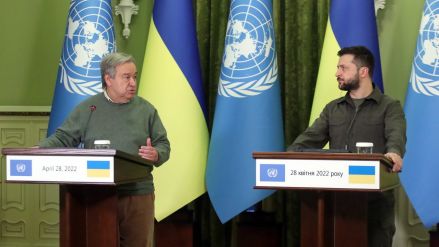
What is the significance of the visit of Secretary-General António Guterres to Kyiv?
see more
We now come to the next myth. Despite being described by critics as extreme-right and sympathisers of the FN and later RN as nationalist-right, it doesn’t chime with reality in any way. On the one hand, the evolution of the FN programme and the slide of the French political scene to the left has meant that the Gaullist centre right’s place has de facto been usurped by it. The Gaullists have themselves moved to the left. Today’s postulates of the RN in even the most controversial issues, such as migration or the relation to Euro-centralism from Brussels is nothing but the Gaullist programme for the RPR (Rassemblement pour la République, Rally for the Republic) from the 1980s and 1990s. Many of today’s comments by Marine Le Pen could find themselves on the lips of Gaullist leaders like Charles Pasqua and even Jacques Chirac before he won the presidential elections. The famous quip by Charles De Gaulle, defining France in the 1960 as “a European nation, racially white, culturally Greco-Latin and religiously Christian”, could have been uttered by Jean-Marie Le Pen but not quite by his daughter.
One more interesting observation. In the 1980s Le Pen’s party drew politicians and activists from the centre-right. The FN was strengthened by exceptional activists and intellectuals from the Club de l’Horloge with Bruno Mégret at the helm. He could not find his place in the UDF (Union Pour la Démocratie Francaise, Union for French Democracy ) nor in the RPR. In the twenty-first century the RN also draws personalities from other parties but also from the left. Florian Philippot is an example, the author of de-demonisation and calling himself a leftist Gaullist, who came form the group of Jean-Pierre Chevènement the former socialist premier, but euro-sceptic. But these transfers are often even more exotic for the alleged extreme right. The parliamentarian José Évrard had been a prominent French Communist Party activist for decades, Andréa Kotarac, the Lyon councillor transferred from the extreme left group of Jean-Luc Mélenchon who created the La France Insoumise (France Unbowed) movement.
Is this such a radical change? Is political scientist Jean-Yves Camus correct to say that ideology plays a lesser role in the RN? Maybe it was always thus. In first place it was always the political programme of the defence of France and French national society against various threats? Maybe the electorate demands this and the party merely follows its will, changing as the French nation changes. The electors are not extreme even though today two thirds of them have voted for Le Pen’s party at least once. They are patriots above all, without any strict political allegiance to political parties, loving their country and attached to a general and often hazy idea of the French model. They often react to their daily problems- insecurity, economic crises and a dislike of the political elite and find themselves in the discourse of the National Front.
–Adam Gwiazda
TVP WEEKLY. Editorial team and journalists
–Translated by Jan Darasz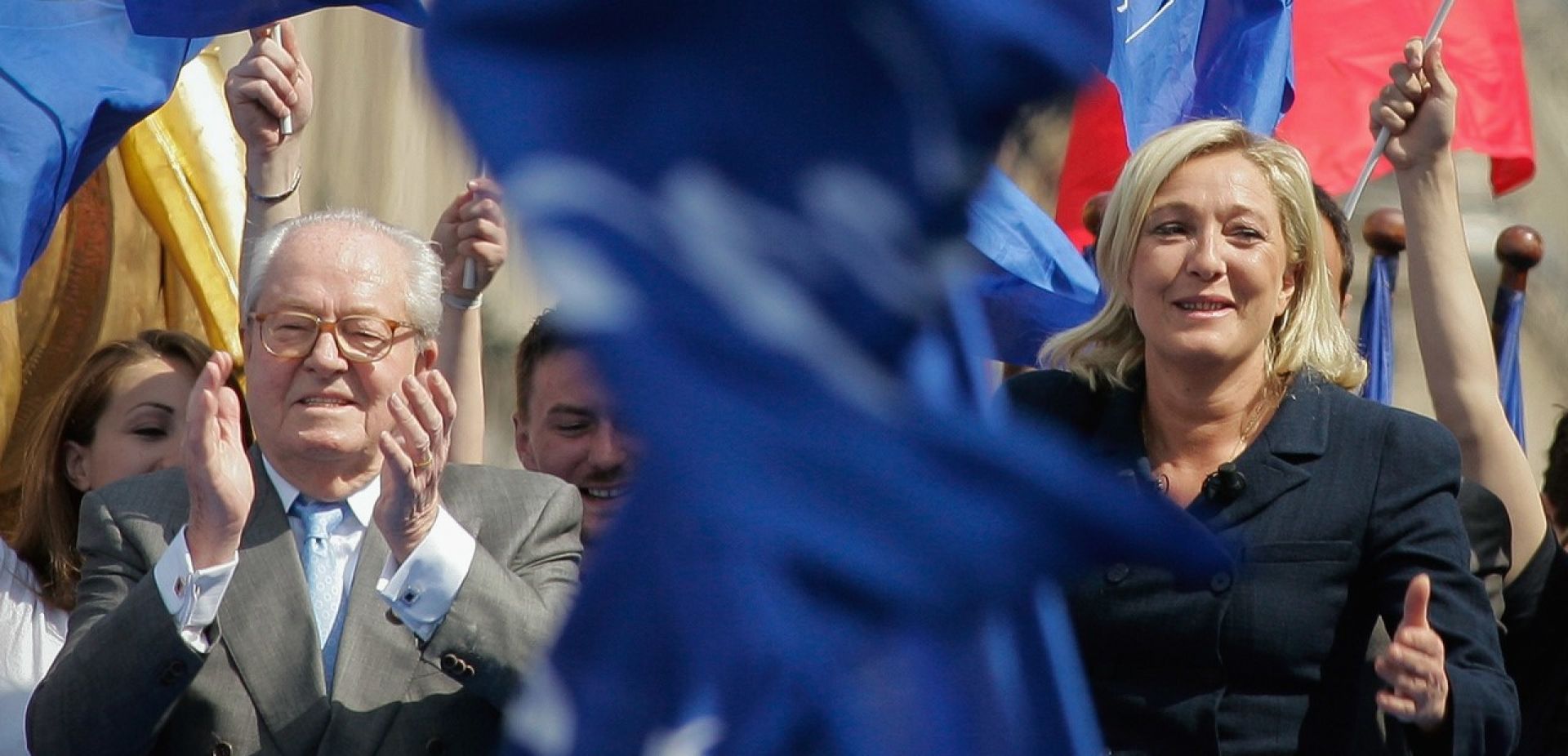
 SIGN UP TO OUR PAGE
SIGN UP TO OUR PAGE 
